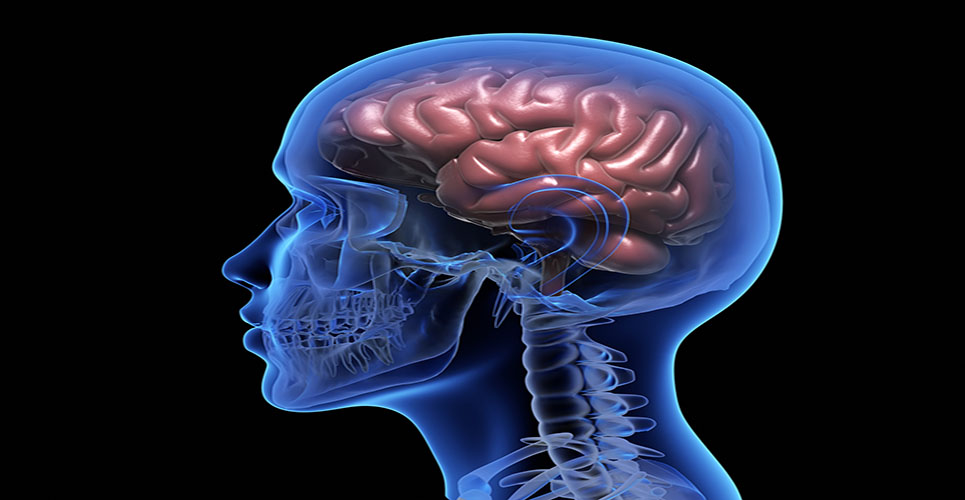teaser
There is an increased risk of birth defects linked to the use of the epilepsy drug topiramate alone or in combination with other epilepsy therapies during pregnancy, research has found.
According to a study published in the medical journal Neurology, of 178 babies born to mothers who were taking topiramate either on its own or along with other epilepsy drugs, 16 had major birth defects.
Three of these were in infants whose mothers were taking only topiramate, and 13 were in those whose mothers were taking topiramate and other epilepsy drugs.
Four of the babies had cleft palates or cleft lips, a rate 11 times higher than that expected if these women were not taking epilepsy drugs.

Four male babies had genital birth defects, with two of those classified as major defects, which is 14 times higher than the normal rate for this defect.
Previous studies have revealed many epilepsy drugs heighten the risk of birth defects, but little research has been done on topiramate. Studies have shown that topiramate increases the risk of birth defects in animals.
Maintaining effective epilepsy treatment during pregnancy is crucial because seizures may cause harm to the fetus.
This study found that more birth defects occurred in women taking topiramate along with valproate, or valproic acid, than in women taking topiramate and another epilepsy drug. Research has shown that valproate is associated with a high risk of birth defects.
Copyright PA Business 2008
